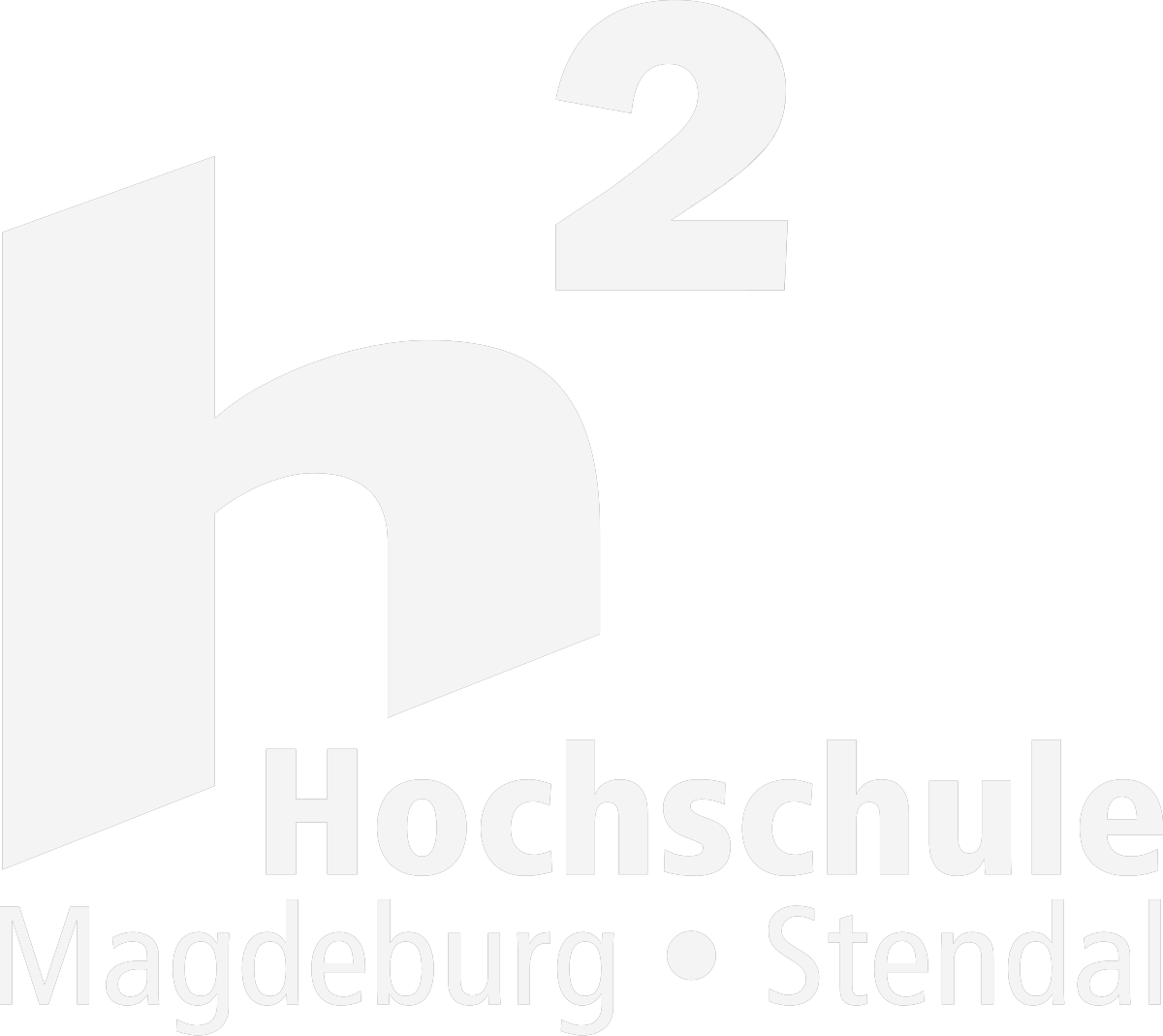Thursday, May 12, 2022, 3 p.m. (CEST), Magdeburg Campus, House 14, Lecture Hall 14
For centuries, humans have expanded their practices through various tools and technologies. Whether it was the development of language and oral culture or the symbolic system of writing, we have always found ways to expand our perception to make us “smarter.” By shifting our thinking and exchange of ideas to an external representational system, we have made remarkable progress on a societal level. AI-based augmentation, however, is something different. Artificial intelligence gives technology the power to initiate interaction; it is a communicator at eye level with other humans. How we understand and respond to these changes will determine the progress we make on the critical issues we face, including social justice goals of access and equity. What makes AI-based systems so controversial, and how can we better understand their impact on society? How can we instill an ethical mindset in future developers and users of AI-based systems?
In this talk, I address these multifaceted questions by (1) examining the historical legacy of human augmentation through technology and the ethical implications of these developments; (2) discussing the need for ethics education for future technologists and offering an example of a teaching technique, namely role-playing case studies, that can achieve this goal; and (3) concluding with a reflexive look at current teaching and learning practices that use technology and the ethical implications of our choices.
Aditya Johri is a professor of information science and technology at George Mason University, USA. He focuses on how technology affects learning in different contexts and the ethical implications of technology use in education. His research has won several best paper awards, and his co-edited volume The Cambridge Handbook of Engineering Education Research (CHEER) received AERA’s Division I Best Book Publication Award in 2015. His research is primarily supported by the U.S. National Science Foundation (NSF), and he is a past recipient of the NSF Early CAREER Research Award. Most recently, he was the Fulbright-Nokia Distinguished Chair in ICT at Aalto University, Finland (2021), and while teaching at Virginia Tech (2007-2013), he was awarded the Engineering Dean’s Faculty Fellow Award for Extraordinary Performance in Research (2013) and the Outstanding New Assistant Professor Award (2010). At George Mason University, he received the 2022 University Teaching Excellence Award and the 2022 OSCAR Mentoring Award for advising students in research. Er erhielt einen Doktortitel in Lernwissenschaften und Technologiedesign (2007) von der Stanford University, Palo Alto, CA. Weitere Informationen finden Sie unter: http://mason.gmu.edu/~johri
Dieser Vortrag wurde ermöglicht durch die Projekte h2d2 und ZAKKI an der Hochschule Magdeburg-Stendal
Moderation: Prof. Dr. Michael Herzog
Forschungsgruppe SPiRIT, spirit.h2.de, spirit@h2.de



